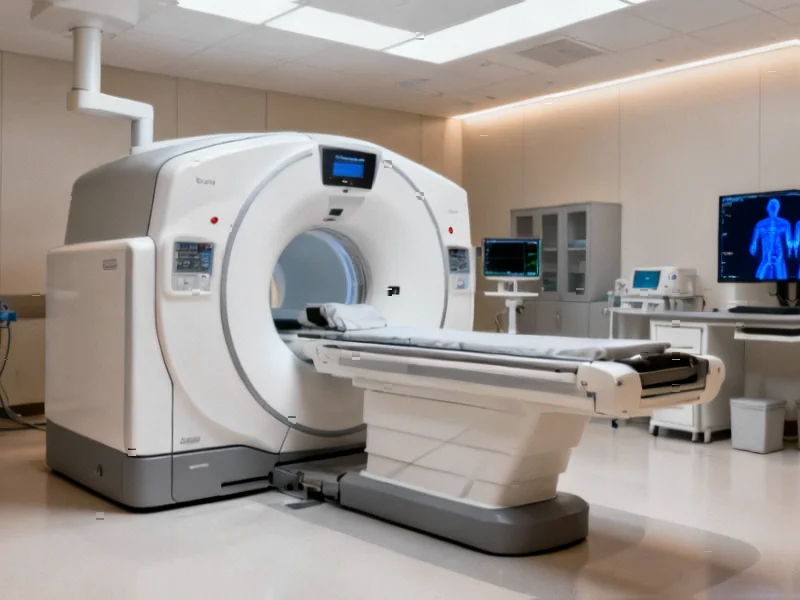Advanced machine learning models can predict secondary cancer risk following radiation therapy with unprecedented accuracy, according to new research. The study identifies radiation dose, patient age, and specific genetic mutations as crucial predictive factors. These findings could revolutionize long-term monitoring for cancer survivors.
Breakthrough in Predicting Secondary Cancer Risk
Machine learning algorithms are demonstrating remarkable accuracy in predicting which cancer patients might develop secondary cancers following radiation therapy, according to a comprehensive study published in Scientific Reports. The research indicates that random forest, gradient boosting, and support vector machine models achieved approximately 98% accuracy in forecasting secondary cancer risk when properly trained on comprehensive clinical data.









